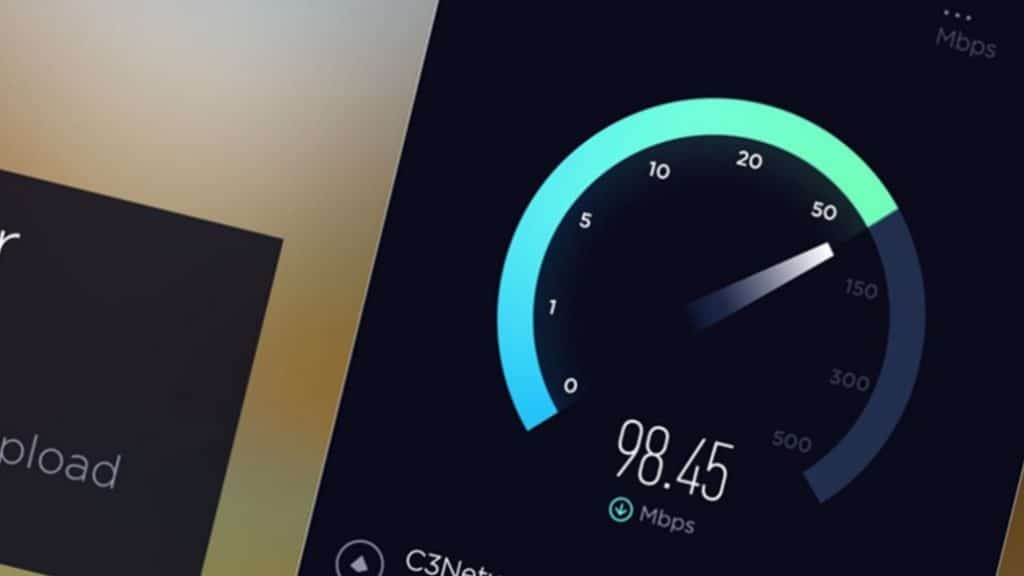

This means you can download at 625 Kilobytes per second (KB/s), or 0.625 Megabytes per second (MB/s). Let’s say your internet connection speed is 5Mb/s (Megabits per second). To determines how fast your internet connection can download data per second, you must convert the speed Mb/s (Megabits per second) or Kb/s (Kilobits per second) into Megabytes (MB). The speed of your internet connection is usually expressed as Kilobits or Megabits per second (Kb/s or Mb/s – note the small ‘b’ standing for bit.) You may have seen this in the past, with ADSL2+ offing theoretical maximum speeds of up to 24000kbps (Kilobits per second). On the other hand, bytes are like litres, filling up a hard drive or storage device. Think of bits per second as a speed in km/h. The major difference between bits and bytes is that bits are commonly used to measure speed, while bytes are used to measure size.

1000 bytes is called a Kilobyte (KB) and 1000 of those are called a Megabyte (MB.) When we have 8 of these bits, we call it 1 byte. One of these numbers is a called a bit, the smallest unit of information. So what is the difference, and how does it affect your internet connection and your download speed? Bits vs bytesĬomputers are digital systems and “speak” in binary. The differences between “Kb/s” and “KB/s” make it confusing at times. That meant a download rate of about 7KB/s (keep reading to know how we worked that out). This was a theoretical speed, and many technical factors had to match up to achieve it. The speed a Dial-up internet connection topped out at is “56k”. We’ve adopted some of it into our everyday lives: “online”, “Google”, and of course, “Broadband.” We know that broadband is a fast connection, especially compared to the slow-old days of dial-up internet.


 0 kommentar(er)
0 kommentar(er)
